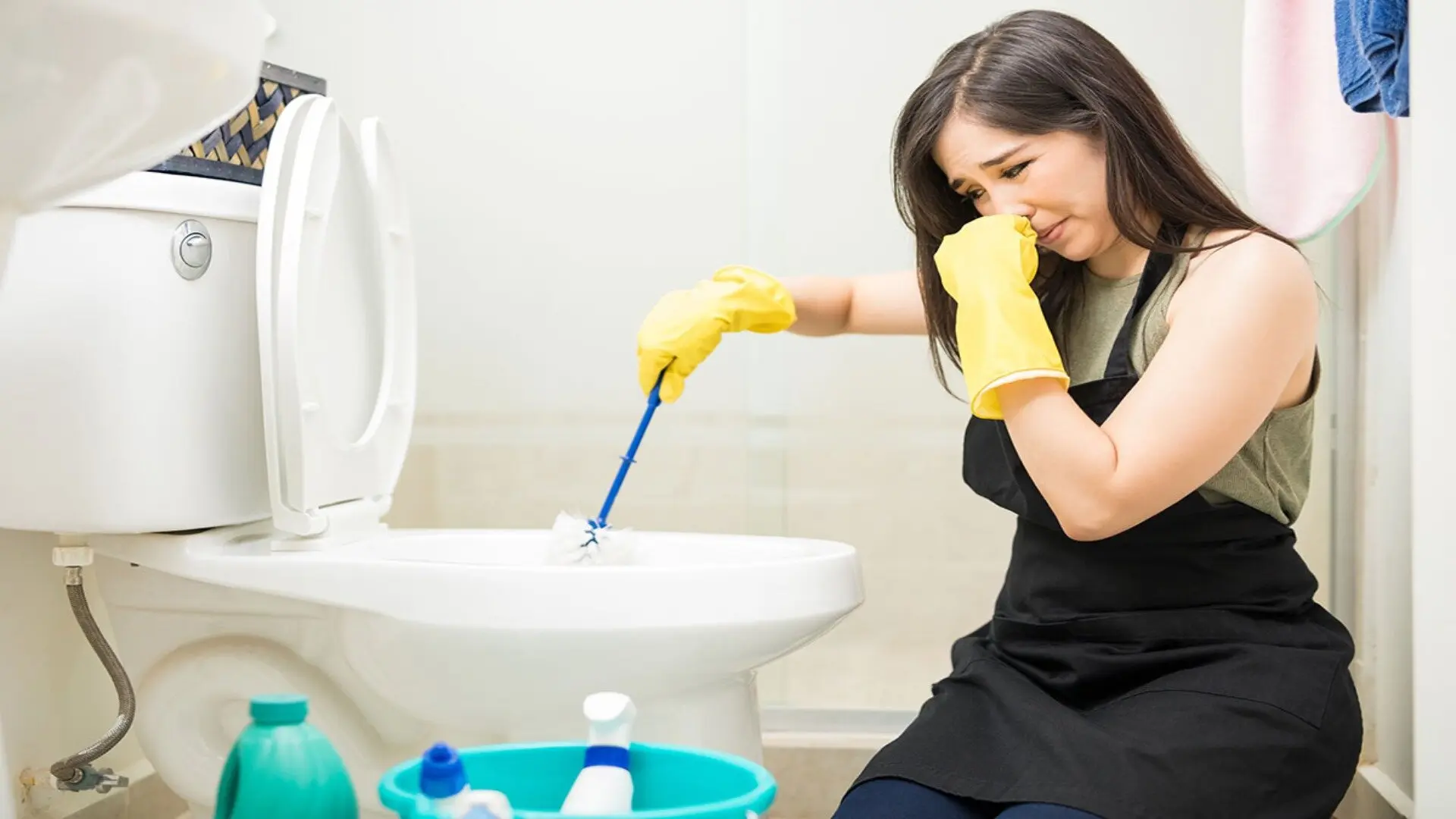
We’ve all experienced that dreadful, sour smell wafting from the bathroom that can only be described as sewer-esque. You lift the toilet lid hesitantly, fearing the worst, only to find nothing unusual.
But no matter how many air fresheners you spray, the stench refuses to budge. You’re not alone if this foul odour has been plaguing your bathroom. Smelly bathrooms are one of the most common plumbing issues homeowners face. However, identifying the underlying cause can seem like hunting for a needle in a haystack.
In this blog post, we’ll dig into the usual suspects behind that pesky sewage smell in your bathroom. We’ll check out potential problems with drains, pipes, ventilation, and more. You’ll also discover a step-by-step method to track down the source of that odour.
Once you’ve identified the culprit, we’ll provide solutions specifically designed to address issues like blocked drains, poor ventilation, or septic system hiccups. By the time we’ve finished, you’ll know how to send those bathroom baddies packing and welcome back a fresh, clean scent.
Common Causes of Foul Bathroom Odours
Several potential culprits can cause a sewer gas smell in your bathroom. Understanding the most common sources is key to properly identifying and addressing the issue. The top offenders typically involve drains, pipes, and ventilation problems.
Drain and Pipe Issues
Clogged drains
If your septic tank is full, the sewage smell might just be the beginning. Look for signs of a blocked drain like slow drainage, gurgling sounds, or water lingering in the sink or tub. Try pouring boiling water down the drain or using a plumber’s snake to clear any blockages. Watch out for harsh drain cleaners, as they can be toxic.
Broken traps
If that nasty sewer smell appears after a downpour, it might be due to a sewer backup. Heavy rain can put pressure on the city’s sewer system, pushing backflow into your individual lines. Examine the area under sinks and toilets for any cracks in the P-trap pipe. Fix any broken traps to stop sewer gas from creeping in. Remember to keep traps filled with water to maintain a good seal.
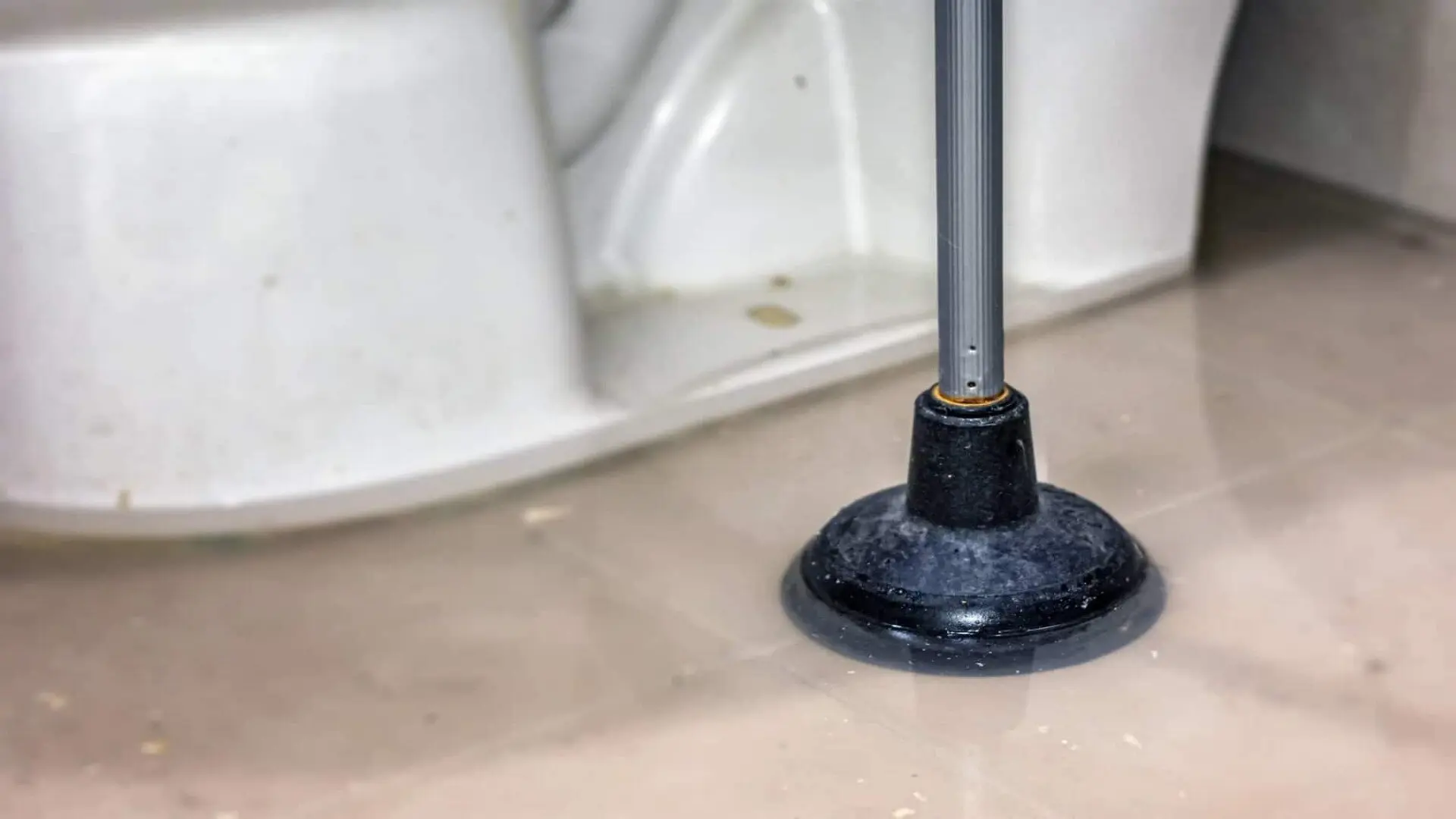
Corroded or cracked pipes
Pay attention to rust marks or weakened areas in visible pipe sections, especially around joints. Gently tap pipes with a wooden spoon to listen for hollow, thinned areas that require repair or replacement. Signs of leaks or damp spots on ceilings and walls below also indicate cracks underground.
Older plumbing systems
Homes with cast iron, galvanised steel or other ageing materials are at higher risk. Contact a plumber to inspect hard-to-reach areas with a camera snake to catch all issues early before they worsen. Re-piping may be best for extensive corrosion.
Improper pipe support
Without sturdy hangers securing pipes in place, constant vibration can cause joints to weaken over decades. Check that the hangers are intact and that the pipes aren’t excessively swaying, which leads to strain and splitting.
Ventilation Problems
Poor airflow
Check bathroom fans are unobstructed and drawing air out. Ducts should vent directly outside, not into the attic, where odours recirculate. Open windows when showering to allow cross-breeze.
No exhaust fan
Exhaust fans are crucial to remove moisture-laden air where odour bacteria thrive. Lack of fan circulation lets smells permeate.
Old ventilation system
Inspect duct interiors for debris that cuts effectiveness. Clean with a brush or vacuum attachment from the roof or window vent. Replace dampers and louvres that don’t fully open or close.

Undersized fans
Small or underpowered fans can only sufficiently change out some air. Measure fans versus bathroom size to ensure proper air changes per hour.
Lack of supply of air
Stale indoor air needs replacement from somewhere. Ensure adequate crevices are under doors for fresh air intake to balance the fan exhaust.
Improper duct routing
Ducts running near heat sources like furnaces or water heaters allow condensation or corrosion inside ducts that harbour smell over time. Reroute problem sections for drier airflow.
Other Potential Issues
While drain or vent pipe issues are most prevalent, a few other factors can also contribute to lingering sewage gases. Understanding these uncommon scenarios helps with correctly diagnosing hard-to-pinpoint odours.
Mould or mildew growth
High-humidity environments allow surface mould and mildew to thrive, especially behind shower curtains and around tiled areas. Certain species produce foul odours that seep throughout the bathroom.
Improper cleaning products
Applying corrosive cleaners for toilets onto other surfaces like grout, caulk, or natural stone can damage protective coatings over time. Behind-the-scenes erosion releases sewer gas trapped in porous materials.
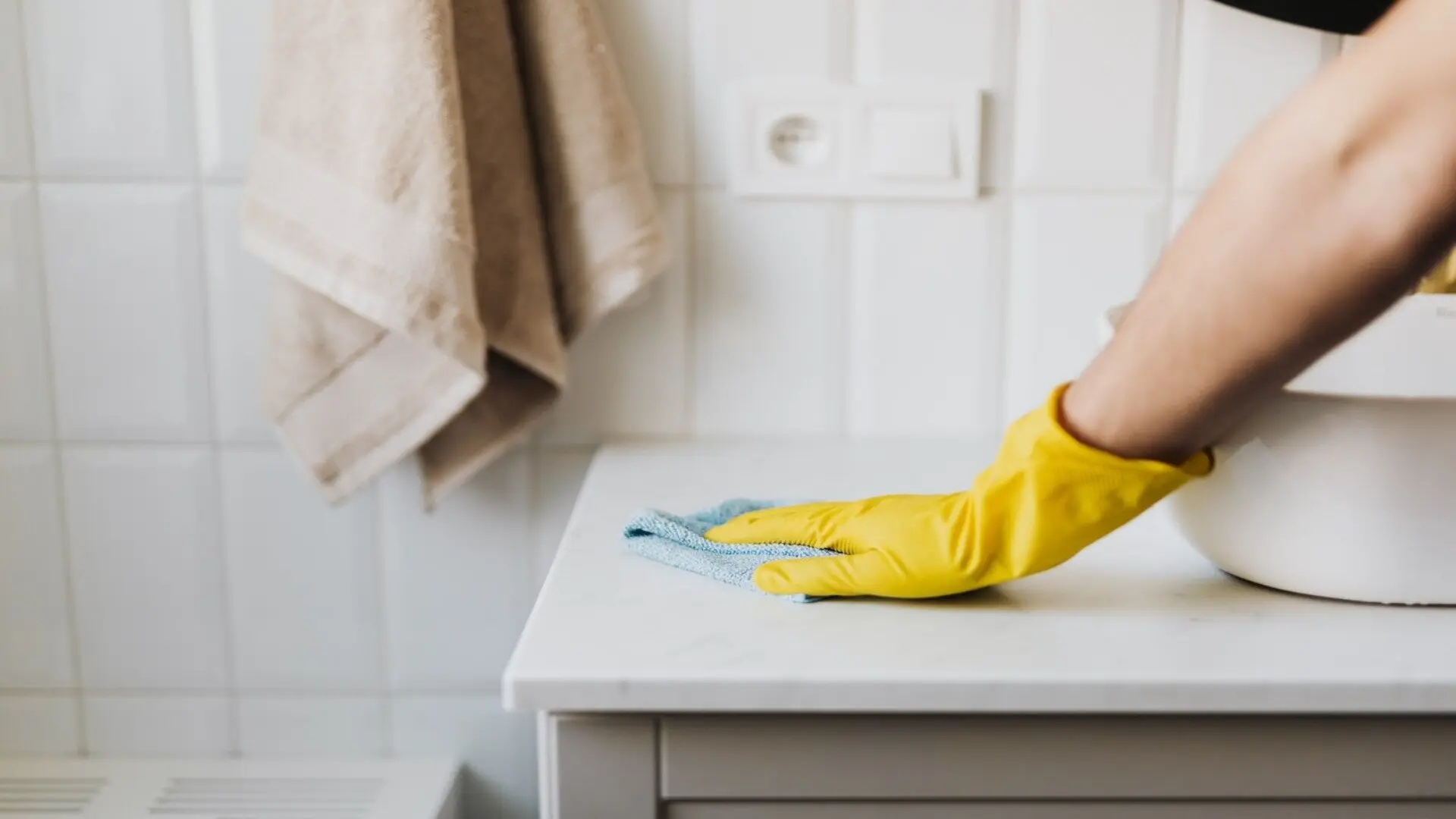
Neighbourhood sewer lines
In rare cases, broken lines underground beyond your property can seep gases that enter through foundation cracks or floor drains. If widespread odours make the cause external, contact the local utility department.
Outdated plumbing traps
Older 1-inch drain outlets are no longer adequate, and a newer 1.5-inch plumbing system is recommended. Undersized lines burble more air upwards from the sewer system. Retrofit with proper-sized traps for lasting protection.
Insufficient ventilation
In bathrooms opening to other living areas, the lack of a shut door allows odours to permeate further. To contain local smells, close the door while showering or bathing.
Identifying the Source of the Smell
If you catch a whiff of sewerage while also experiencing some minor flooding, your shower drain might be the culprit. Figuring out where bathroom smells come from can seem overwhelming, a bit like finding a needle in a haystack. The best method is to go through each possible cause one step at a time.
Begin by checking visible drains and traps under your sinks for any cracks, especially around joints and hangers. Next, let some water flow through the drains and listen for any peculiar gurgling sounds that might hint at a blockage.
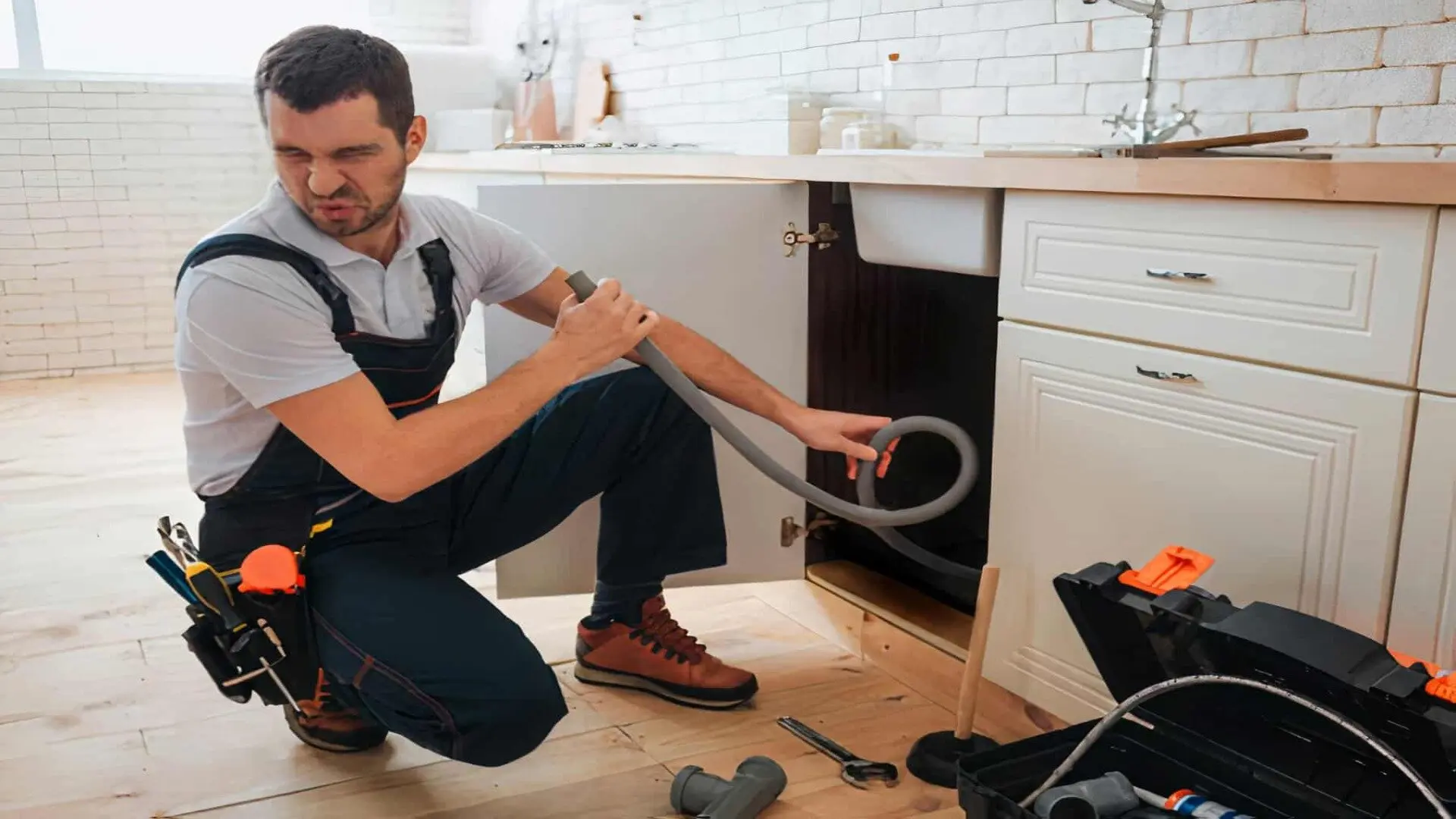
After thoroughly ventilating the bathroom for at least 30 minutes by opening windows and running the fan, re-check key areas for lingering sewage smells that may reveal inadequate ventilation as the culprit. You can also do a simple drain test by lightly covering sinks and the tub when not in use to block odours if they’re still noticeable, isolating a drain issue.
Notify neighbours if sewer gas persists, as the possible cause may lie beyond your property line. Narrowing down suspicious areas lets you dive deeper with special tools to pinpoint the precise source of that pesky sewer smell for good.
Getting Rid of the Sewer Smell for Good
After pinpointing the root cause of those sewer odours in your bathroom, it’s time to tackle the problem head-on. For blocked drains, make sure to clear them thoroughly with a plunger or drain cleaner, and don’t forget to replace any damaged P-traps.
If the ventilation system is clogged, a professional cleaning might be necessary to get the air flowing right again. Corroded pipes may need to have sections removed and replaced with the right materials.
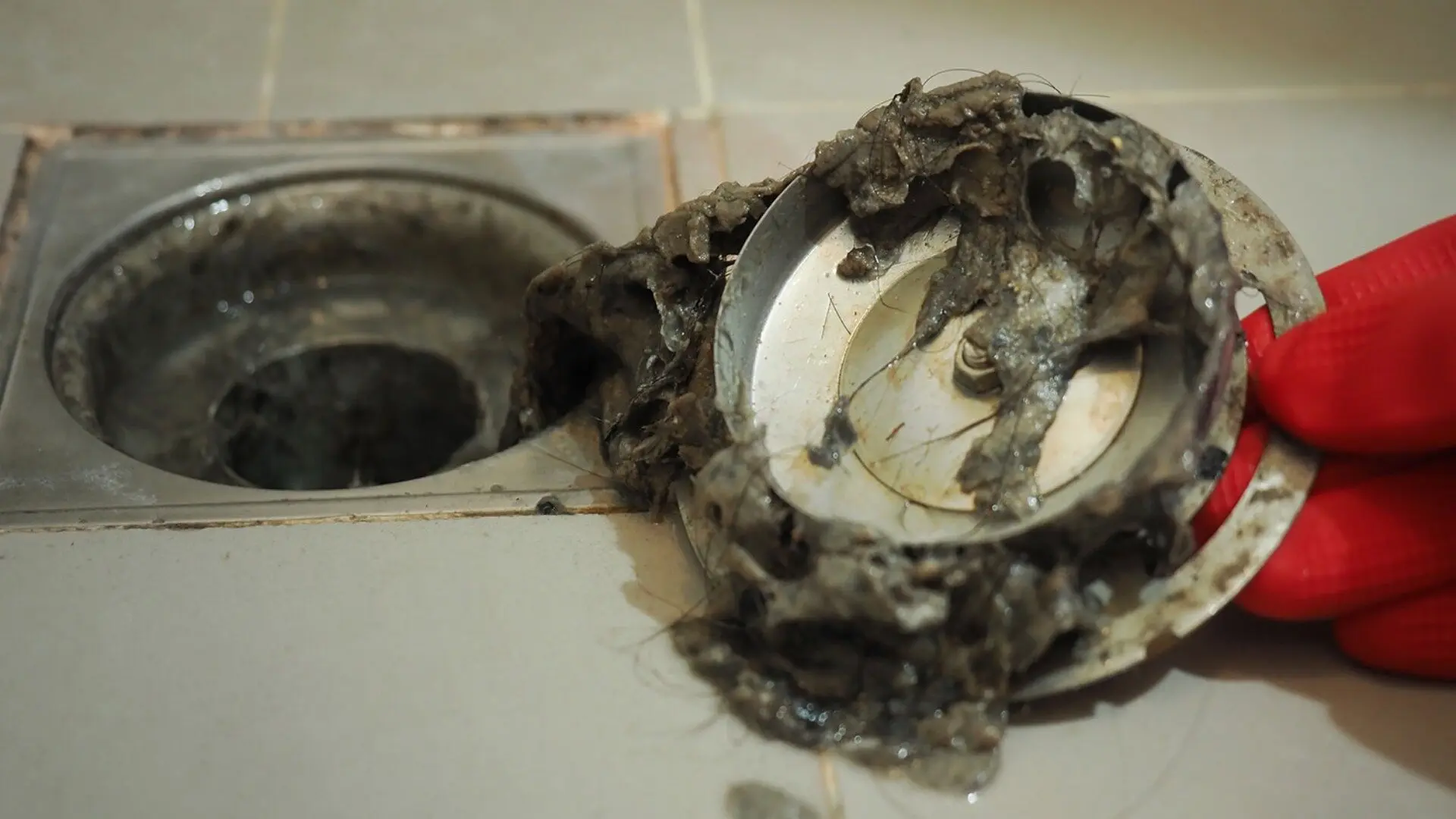
Improving general ventilation through adequate exhaust fans and openable windows prevents future bacteria build-up. For signs of mould or mildew, thoroughly clean with a bleach solution and improve humidity control.
If neighbourhood sewer lines are the culprit, contact officials to address repairs. With these targeted remedies, plus maintaining clean traps, annual drain flushing, and running fans after moisture-heavy activities, you can say goodbye to those bathroom ghosts for good. Regular maintenance will give you continued protection from odours down the line.
Preventing Future Odours
Since you’ve banished odours from your bathroom, keeping them away for good requires diligence. First, thoroughly ventilate the shower drain or baths by running the exhaust fan for 30 minutes to extract harmful moisture.
Next, flush each drain weekly with enough water to empty old residue that can harbour bacteria. Periodically, sanitise the toilet bowl, shower walls, and other surfaces with a disinfectant to stunt mould growth.
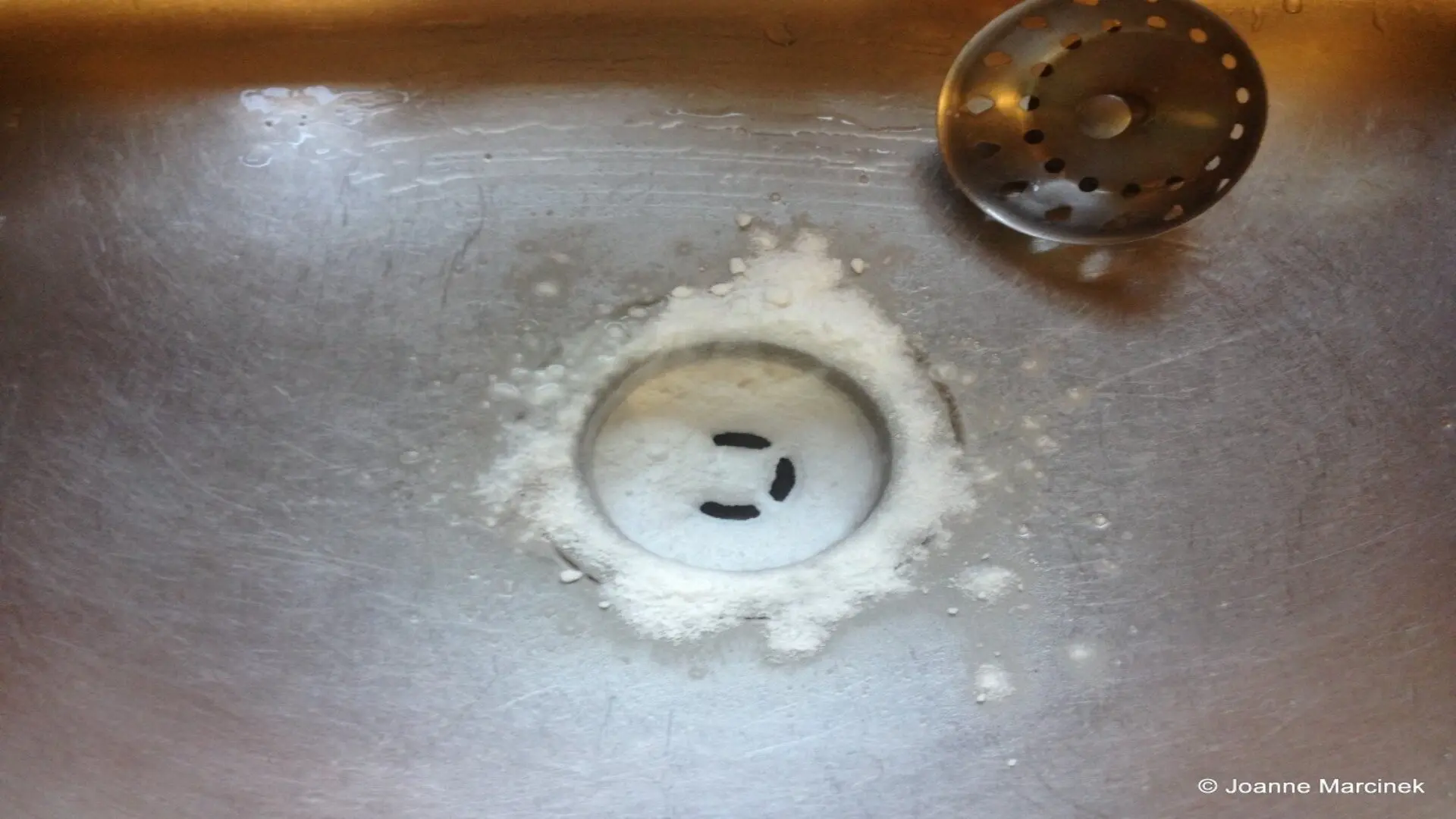
Also, pour a cup of baking soda down drains each month as a natural deodoriser. Check P-traps under sinks containing water weekly to maintain their seal.
Look for any new signs of potential issues like corrosion or ventilation blockages. Lastly, get drain inspection cameras fully rigged pipes annually, especially in older homes prone to deterioration. Adhering to essential preventative habits makes it highly unlikely sewer smells will plague your bathroom again anytime soon.
Don’t Let Foul Odours Rule Your Bathroom
By now, with a bit of luck, you’ve nailed down the cause of those annoying sewer smells in your bathroom and sorted it using our suggested troubleshooting steps. Hopefully, those nasty odours are history!
However, if you’re still scratching your head or need help with repairs, just give the team at Fixed Today a shout. With our expert diagnosis and complete range of plumbing services, we’ll dig into the issue and get your bathroom smelling fresh again.
The experts at Fixed Today have the know-how to identify and swiftly fix any issues. Give us a ring today to chat about your bathroom odour troubles—we’re here to help you out.














